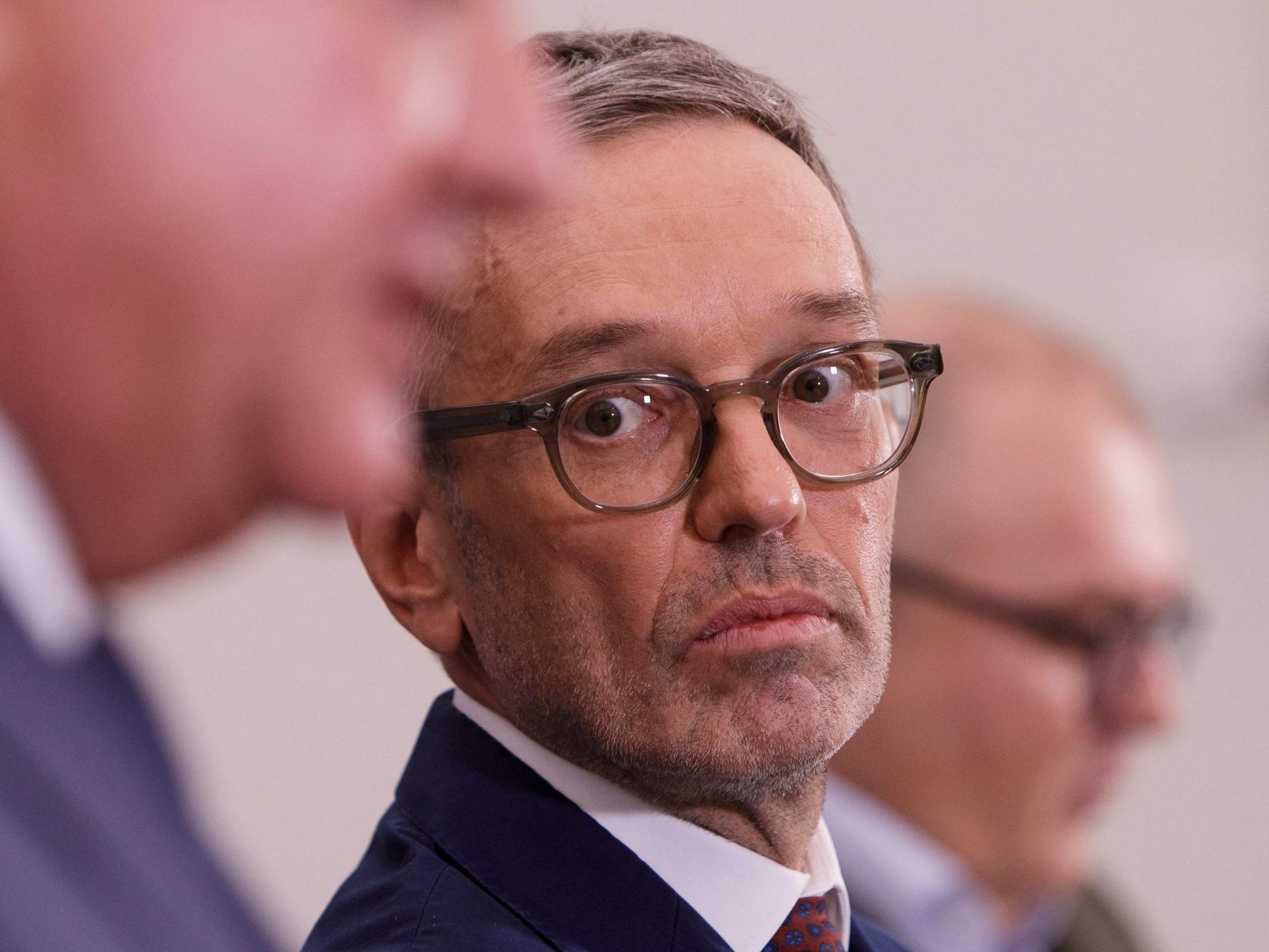So indeed: On Tuesday evening, FPÖ leader Herbert Kickl called a newspaper report, which stated that coalition talks had been halted for the time being, a "duck" or false report. Two days after his visit to the Federal President, he now stated that the "recently interrupted talks" should be resumed as soon as possible. He thus admitted that they were indeed stopped.
The episode shows: Herbert Kickl has just lost control over himself and the situation. So far, he had been playing a high-stakes game. Motto: Either the ÖVP agrees to cooperate on his terms, or there will be new elections. However, he is increasingly overreaching.
"Kickl doesn't want to," was the title of a blog here at the beginning of January: He had just invited the ÖVP to talks. But how: They must accept that his party won the elections and that they would at most be a junior partner. They must also admit that they have driven the country to the wall financially.
In addition to this message, he has repeatedly claimed that he has formed a close alliance with the population and therefore acts in the interest of all.
With this, he has emphasized that he does not want a coalition. He wants to decide alone and legitimizes himself by pretending that he has been empowered by all Austrian citizens. What nonsense: No one has more opponents in this country than Kickl. And of course: No one has such staunch supporters. In the national election, they brought the FPÖ 28.8 percent.
28.8 percent is not 100 and not even 50.1 percent, so by no means an absolute majority that would allow for a single-party government. And even if a single-party government were possible, it would have to consider the remaining 49.9 percent. It does not have to do what pleases them, but it also cannot operate a dictatorship of the majority. After all, there are minority rights.
Kickl glosses over all this. This cannot end well. Fortunately, more for him than for the country: By now demanding in coalition talks with the ÖVP that both the Finance and Interior Ministries must fall to his party, and after publicly reaffirming this, he risks a defeat. Either he gives in or he remains firm – and goes into new elections with worse cards: Such elections would only occur because the Freedom Party does not receive the power and positions they want. You can't make this up. It is likely to drive voters away.
This also shows that Kickl cannot do it: He is not only unable to make compromises with another party. He is also incapable of escalating coalition talks in a way that strengthens his chances of success. Example: If he had sought conflict on asylum issues and not on positions, the Freedom Party might have gained in any new elections. But as it stands, the opposite could happen. In any case, he emerges weakened from this week's negotiation pause, which he initially denied.
Johannes Huber runs the blog dieSubstanz.at – Analyses and Backgrounds on Politics
This article has been automatically translated, read the original article here.






